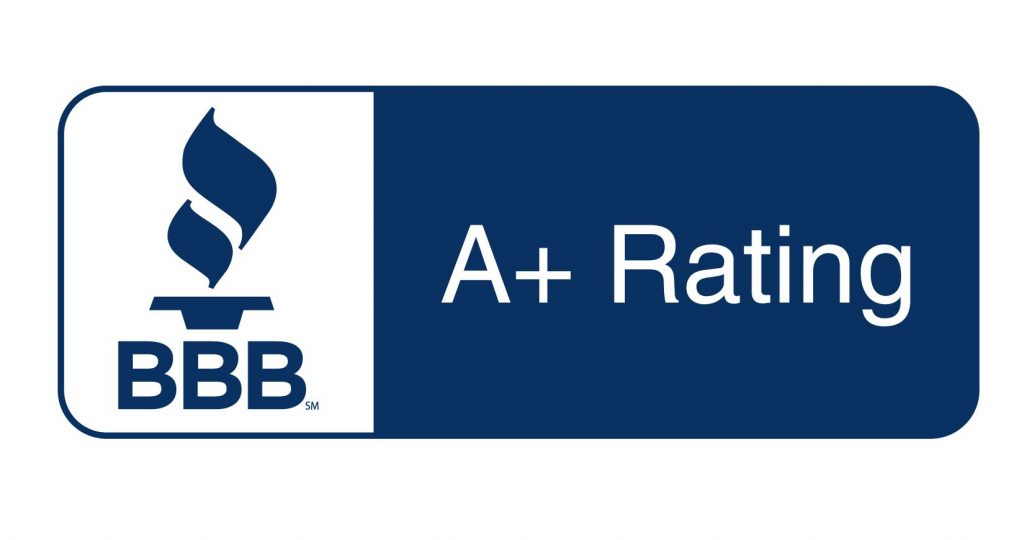
What is Universal Life Insurance
Universal life policies are a type of permanent life insurance, meaning that, so long as you keep up with your monthly premiums, your death benefit will be covered.
Premiums are monthly payments you are required to make for as long as the plan lasts. This is referred to as the accumulation phase of the policy, i.e. the time before the policyholder passes away and the death benefit it paid.
The death benefit of a universal life policy is the amount of money paid when the policyholder passes away to their chosen beneficiaries. This payout ranges anywhere from $250k to more than $1 million.
An interesting feature of a universal life policy is its cash value. This takes a small portion of your premium and invests it into the company’s or your own investment portfolio with the possibility of untaxed growth.
The Cost of Universal Life Insurance
The cost of universal life depends on personal factors such as age, health, and sex. Premiums are flexible and can change based on the policy as well but, generally speaking, they are higher than other policies such as whole and term life due to the investing component.
The Benefits of Universal Life Insurance
Universal life premiums are higher than other types of policies due to its investment and cash value component. On its surface, this sounds like a negative rather than a positive. However, these premiums and even the death benefit itself are adjustable.
You can increase, decrease, or stop paying premiums entirely as-needed. If you make high enough premium payments for enough time, you may be able to finish paying off your plan sooner, or you can delay paying it for a bit (after making payments for at least a period of time) if you fall into more difficult financial times.
Universal vs. Whole & Term Life
Universal and whole life policies are a type of permanent policy. Rather than having to renew after a period of 10-30 years, you can keep a permanent plan up until the day you pass away if you keep up with your premiums.
Universal life is more flexible than whole life. You have the option to adjust premiums and get a slightly different investment component — based on the market rather than through interest in savings — which offers the possibility to increase your cash value and change your death benefit.



